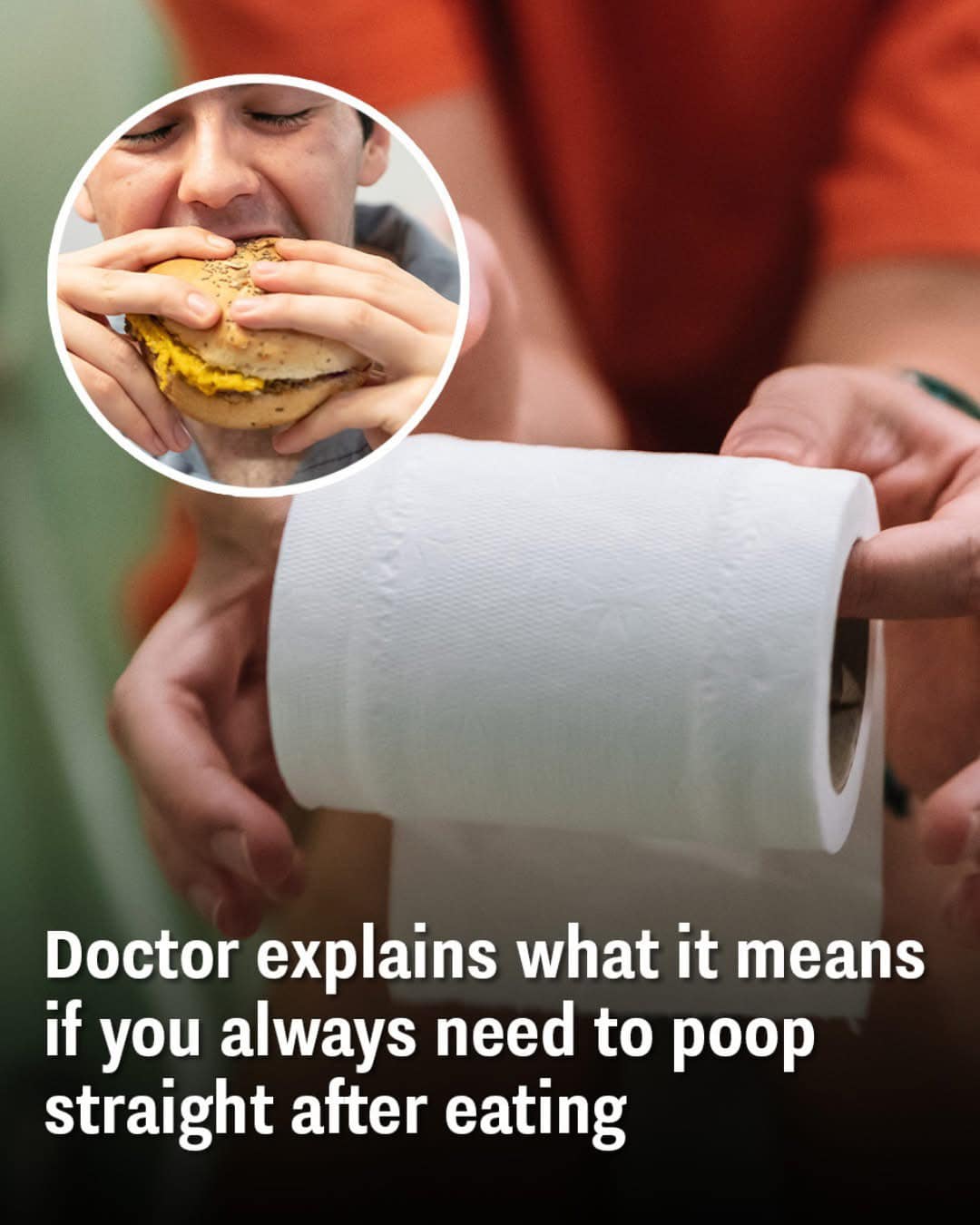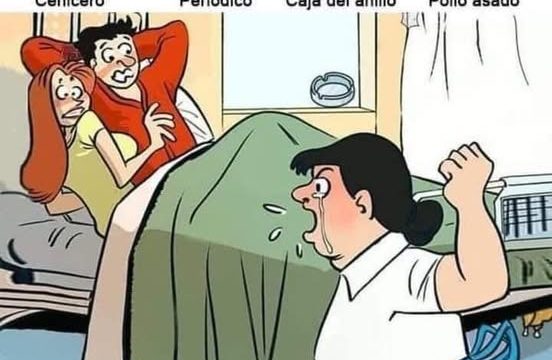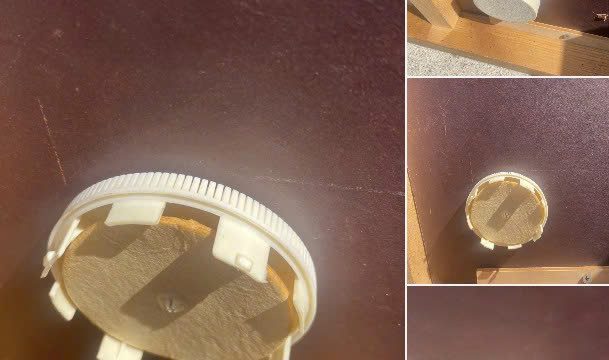If you often find yourself rushing to the bathroom immediately after finishing a meal, you’re not alone. It’s a phenomenon that puzzles many people, but according to health experts, there’s a scientific explanation behind it. While it might feel like your food is moving through your digestive system at lightning speed, that’s not actually what’s happening. A doctor recently took to social media to break down the science behind this common experience and explain why it happens. Spoiler alert: it’s not about how fast your food is being digested—it’s all about a natural reflex in your body.

When you eat and feel the sudden need to visit the bathroom, it’s due to something called the gastrocolic reflex. This reflex is a completely normal bodily function and plays an essential role in digestion. Essentially, when food enters your stomach, it triggers a series of signals that travel from your stomach to your brain and then down to your colon. This reflex helps your digestive system make room for the food you’ve just consumed by encouraging the colon to contract and move its existing contents further along the tract.
So, no, the food you just ate isn’t immediately passing through your entire gastrointestinal system. Instead, your body is simply clearing out what was already in your colon to make space for the new food. According to Dr. Salhab, a health expert who frequently discusses gut health, what you’re actually expelling is old, digested waste and water that had already been processed by your digestive system.
The gastrocolic reflex isn’t a disease or a medical condition—it’s a normal part of how your body works. It’s essentially your body’s way of staying efficient and ensuring your digestive system keeps functioning properly. However, the intensity of this reflex can vary from person to person. For some, it’s barely noticeable, while for others, it can feel like an immediate and urgent need to use the bathroom.
For individuals with Irritable Bowel Syndrome (IBS), the gastrocolic reflex can become overly sensitive. IBS is a common gastrointestinal condition that affects the colon and is often accompanied by symptoms such as abdominal pain, cramping, diarrhea, constipation, bloating, and gas. When someone with IBS eats, their gastrocolic reflex can be much stronger and more forceful, leading to intense and uncomfortable contractions in the colon. As a result, these individuals may experience cramping, diarrhea, or an urgent need to use the bathroom almost immediately after eating.
The Cleveland Clinic explains that while IBS isn’t life-threatening, it can significantly affect a person’s quality of life. Managing the symptoms often requires a combination of dietary changes, stress management techniques, and sometimes medication.
So, what can you do if you’re frequently experiencing this reflex in a disruptive or uncomfortable way? Dr. Salhab offers some practical advice. First, pay attention to your diet. Certain foods are known to trigger a heightened gastrocolic reflex, including carbonated beverages, alcohol, dairy products, fried foods, fatty meals, and citrus fruits. While these foods are undeniably delicious, they can irritate the digestive system and intensify the reflex, especially in people who are already prone to gut sensitivity.
Another helpful approach is to eat smaller, more frequent meals instead of consuming large portions all at once. Overeating can place additional stress on your stomach and digestive tract, leading to stronger contractions and a more intense reflex. Eating slowly can also make a big difference. Take your time during meals, chew your food thoroughly, and avoid rushing. This not only helps your digestive system process food more effectively but also reduces the likelihood of triggering a strong gastrocolic reflex.
Stress is another major factor that can exacerbate this reflex. The gut-brain connection is powerful, and high levels of stress can directly impact your digestive system, making your colon more reactive. Practicing stress management techniques such as deep breathing exercises, meditation, or even light physical activity can help reduce the severity of symptoms.
It’s also important to recognize when it’s time to seek medical advice. While occasional post-meal bathroom trips are perfectly normal, frequent or disruptive symptoms could indicate an underlying issue that requires attention. If your symptoms are persistent, painful, or accompanied by other warning signs such as weight loss or blood in your stool, it’s best to consult a healthcare professional.
In short, the urge to poop right after eating is usually a result of the gastrocolic reflex, a normal bodily function designed to keep your digestive system running smoothly. For most people, it’s a harmless reflex, but for others—especially those with IBS—it can become overly sensitive and cause discomfort.
By making mindful choices about your diet, managing stress, and adopting healthier eating habits, you can often reduce the intensity of this reflex and make mealtime a more comfortable experience. The next time you feel that familiar urge after a meal, don’t panic—it’s just your body doing what it’s designed to do. And if it ever becomes too disruptive, know that help and solutions are available. Your digestive health matters, and understanding your body’s natural responses is the first step toward managing them effectively.





